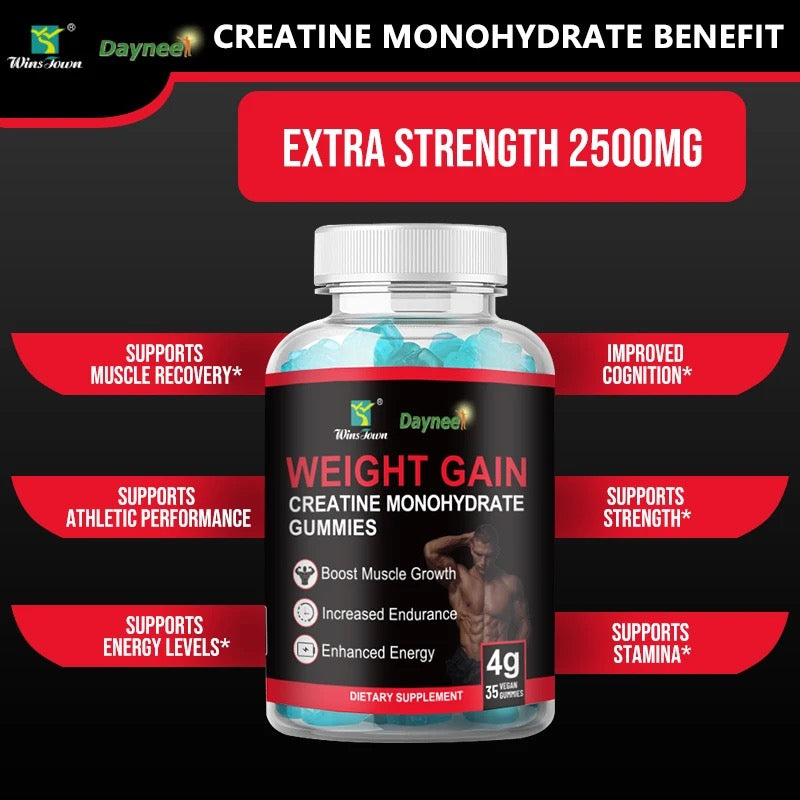4 Easy Facts About Creatine Monohydrate Explained
4 Easy Facts About Creatine Monohydrate Explained
Blog Article
Creatine Monohydrate Fundamentals Explained
Table of ContentsExamine This Report on Creatine MonohydrateGet This Report about Creatine MonohydrateCreatine Monohydrate Fundamentals Explained
The writers acknowledge a risk of prejudice with the study designs due to a demand for even more quality over randomization with almost all studies included. Just 3 of the nineteen researches completely outlined the analysis of VO2 max.
If weight gain with liquid retention is a problem, quit taking creatine 1-2 weeks before competing to offset fluid retention while maintaining increased creatine stores. Some individuals experience intestinal pain when taking creatine, such as bloating, cramping, or looseness of the bowels.
It's suggested to use it in powder type. Worries regarding the long-lasting results of creatine monohydrate supplementation on kidney (kidney) function have actually been raised.
Some Known Questions About Creatine Monohydrate.
None of the research studies investigated triathletes. The negative effects reported in the studies associated to weight gain. As stated, many of the researches utilized a higher-dose loading procedure (20g+/ day) in a short duration that could be offset and avoided via a lower dose (such as 5g/day) for an extended duration.

Allow's address look at the major description benefits of creatine monohydrate. There is strong, dependable research showing that creatine enhances health and wellness.
The majority of creatine is saved in the skeletal muscular tissues in internet a kind known
as phosphocreatine, or creatine phosphate. Creatine help in the manufacturing of adenosine triphosphate, or ATP. Also if they never lifted a barbell, they 'd still profit from creatine supplementation.
Report this page